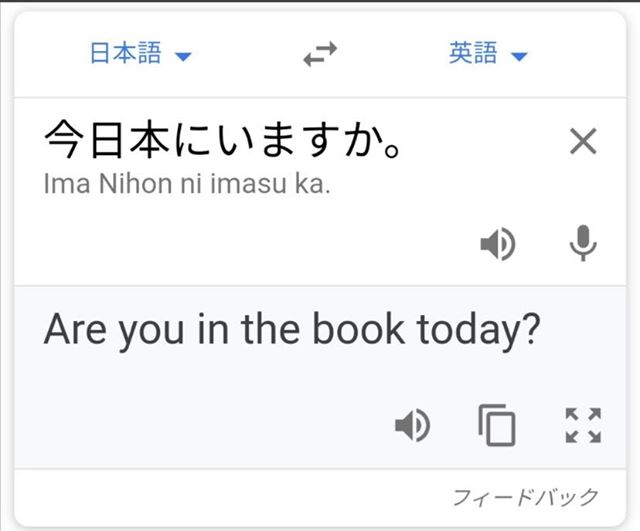Mandarin tongue twister
Trending on Weibo, a Chinese microblogging website:
[So as not to give anything away, all syllables are separated and not divided into words.]
Nǐ de huò lā lā lā bù lā lā bù lā duō? Huò lā lā lā bù lā lā bù lā duō yào kàn nǐ de huò lā dé duō bù duō. Rú guǒ lā dé bù duō jiù lā nǐ de lā bù lā duō, rú guǒ lā dé duō jiù bù lā nǐ de lā bù lā duō.
"你的货拉拉拉不拉拉不拉多?货拉拉拉不拉拉不拉多要看你的货拉得多不多。如果拉得不多就拉你的拉不拉多,如果拉得多就不拉你的拉不拉多。"
Google Translate:
"Your cargo pulls, pulls, pulls, pulls, pulls, pulls, pulls, pulls, pulls, pulls, pulls, pulls, pulls, pulls, pulls more? If you pull too much, it won’t pull you.
Before turning the page, if you know Mandarin, try to parse and translate the above sentences.
Read the rest of this entry »






